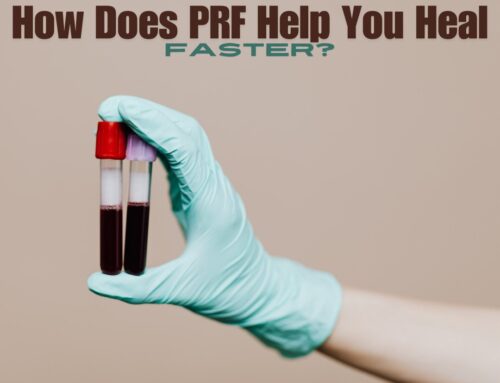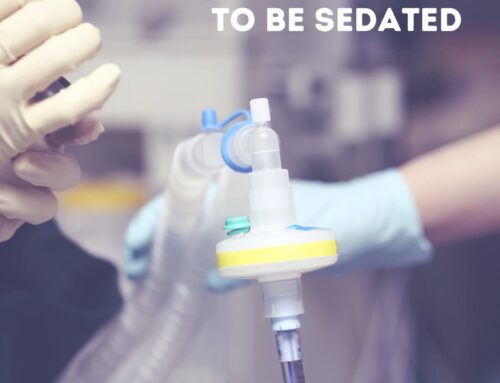If you’re planning to get teeth extracted, it’s important to take the correct postsurgical steps to prevent infection. Complications are rare, but patients can avoid infection and other issues by taking care of their teeth and gums during recovery.
After extraction surgery, a blood clot will form to protect the extraction site and prevent bacteria from entering the area. If this blood clot is disturbed or dislodged in any way, an infection may result. While some bleeding and swelling are normal after surgery, symptoms you need to watch out for include:
- Excessive bleeding
- Increased swelling of the face and jaw after 7 days
- Pain that does not go away with medication
- Oozing discharge or pus
- Fever
To Prevent Infection the best thing you can do is follow the postoperative instructions given to you by your oral surgeon. This includes keeping track of your oral health, and allowing your blood clot to heal on its own.
To ensure the healing goes as planned, our surgeons at Mid-State give out these additional tips in addition to those on your post-op instructions:
- Use gauze: In your post-op bag, you will have 4 gauze pads included. Gauze can help manage bleeding at the incision site. To place it, bite down gently and try not to disturb the area. Change it as often as needed.
- Bite on tea bags: If your bleeding continues more than you’re comfortable with, dip a green or black tea bag in cold water, drain the excess, and lightly bite down on the tea bag as you would the gauze. The tannins in the tea will help promote blood clotting to protect the bone as the wound heals.
- Get rest: Rest after a surgery means sleeping. Your body naturally does a majority of it’s healing when you’re asleep. Avoid any strenuous physical activity for 7-10 days after surgery. You will need to ease back into normal routines while you heal.
- Don’t smoke, vape, or suck on straws: Not only can drugs interfere with the healing process, but the action of these habits can disrupt your blood clots.
- Use heat to help with swelling: After the initial 3 days, using just ice packs on your swelling will not be as effective. Alternate between heat and ice on your face like you would with a sprained ankle. This will help alleviate the swelling faster.
It’s most important to take your medications as prescribed. The medications your surgeon assigns you will assist in your healing and ensure you stay comfortable after surgery. It’s important to discuss these medications with your doctor before you are sedated, so that you are best prepared to start your healing process when you get home. Traditional healing from extraction surgery can take anywhere from 3-4 days depending on the complexity of your surgery.
Contact Mid-State here to ask for a consultation.






